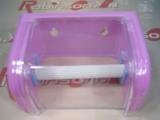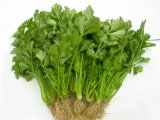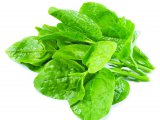Probiotics composting TKS-M2
- Application: decomposition of plant residues (coffee husk, straw, grass garbage, corn pulp, farm manure...).
Đơn vị: gói
Giá bán: 120.000 đ (chưa bao gồm VAT 10%)
Điều kiện giao hàng: immediate delivery
 1.664
1.664
Application:
- Use of organic waste, straw, coffee husk, bagasse, earthworm casting, farm manure, food waste ... for the production of bio-organic fertilizer.
- Transformation of organic compounds, fiber, cellulose, ligin, pectine in coffee husk, straw, waste, farm manure, poultry manure, fertilizer tanks, biogas quickly.
- Reduce toxic gas (H2S, NO3, Cl) remove fetid odor.
- Removal of helminth eggs, fly eggs, mosquito eggs and bacteria such as Ecoli, coliforms ...
- Increase the amount of dissolved oxygen in the soil.
- Against environmental pollution.
- Additional beneficial bacteria such as:
+ Fixed free protein from the air to create vegetative without inorganic protein fertilizers.
+ Transformation from sources of insoluble phosphate fertilizers in the soil available to soluble phosphate form for the crops readily absorbed.
- Increased crop yields, limited wilt, limited root collar rot, scabies tubers based on generation antibiotic, bacteria antagonistic fungi.
- Non-toxic to humans, cattle, poultry, seafood, not required Isolation time.
Direction to use:
- Take 1 kg/m3 of water soak a few hours (possible overnight), spray up 3-4 volumes of materials. Stir up if you have not seen yet reached 60% to spray water.
- After 15 days stir up 1 times, to spray water if dry, 30 days later can use or composting continued until use.
- Miscible TKS - M.2 with manure before using to increase the humus, improve the environment in the soil.
Note:
- Each type of material used for composting has a different nature so different decay times.
Composting materials include:
- Plant residues (coffee husk, corn pulp, straw....3-4 blocks, manure 1 block (if there is good), 100kg P, yeast 1kg)













.jpg)

 rồng vàng gói 20g.jpg)




